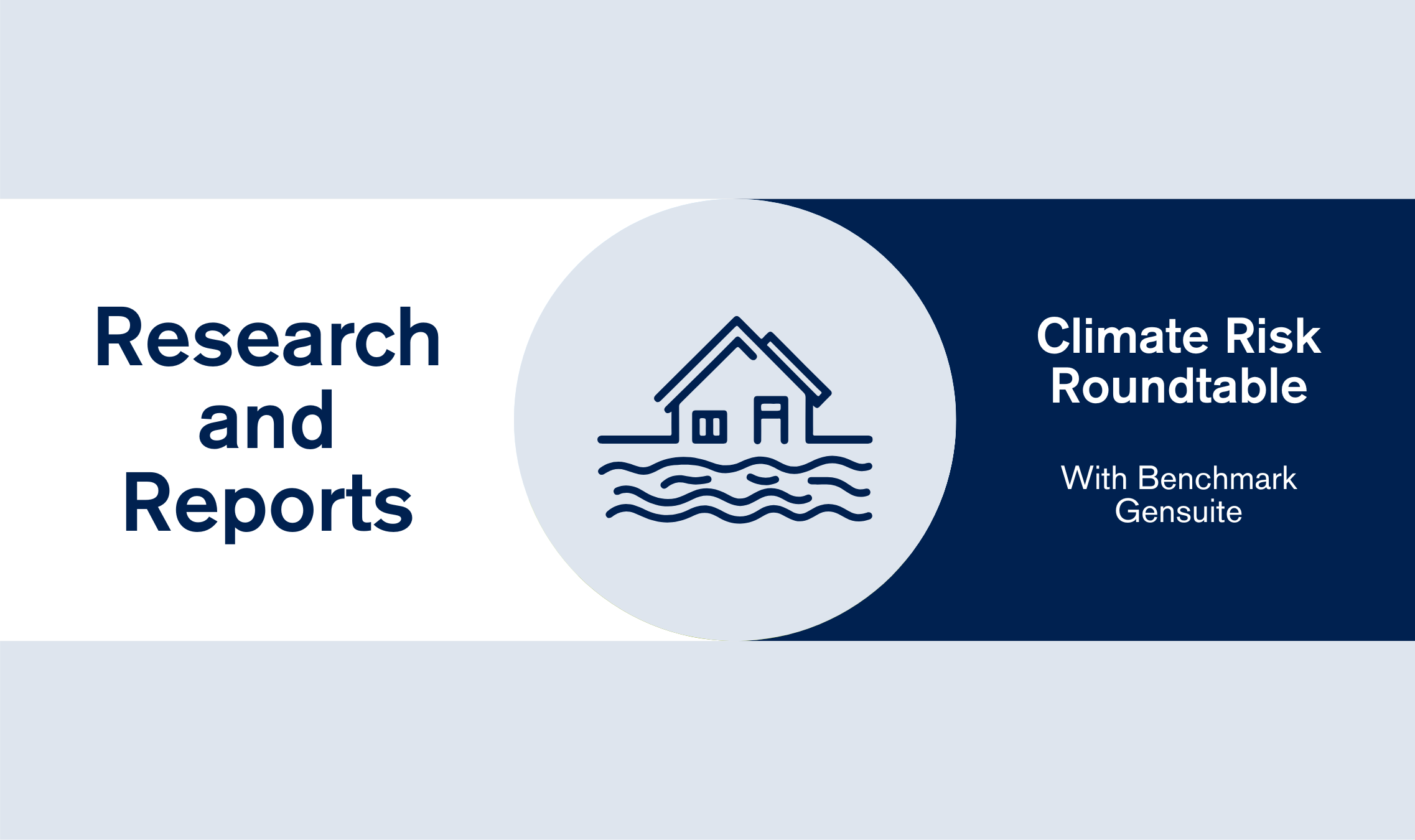This is the first post in our CSRD blog series – feel free to also check out:
- What companies need to know about the CSRD
- Demystifying the three ‘I’s of the CSRD
- Why impact materiality is critical for double materiality assessments
- Interrogating the interoperability of the CSRD with other frameworks
- Navigating the CSRD with 7 key updates to the final ESRS Delegated Act
- Navigating recent updates to the EU sustainability agenda
Nearly 50,000 companies are preparing for the new Corporate Sustainability Reporting Directive, a landmark EU legislation that ushers in a new era for mandatory sustainability reporting.
There are 82 disclosure requirements1, 831 individual parameters, and 252 of which require some degree of quantitative metric2.
Companies could face significant friction preparing for the CSRD, even those companies already at the vanguard of voluntary sustainability disclosure (e.g. GRI).
The first step to prepare for the CSRD is the materiality assessment, which represents the biggest challenge and opportunity.
Materiality is a potentially cumbersome process requiring significant data gathering – but companies shouldn’t despair, as this can be streamlined with support from GIST Impact to become an opportunity to create more value from the CSRD process.
1) Streamline the materiality assessment with modern technology and data
A tech-supported materiality assessment provides a rapid first view, mapped to ESRS guidelines, so companies can better focus resources for CSRD preparations.
Software also maps existing data, whether it is methodically captured and disclosed, or fragmented across internal systems, while machine learning predicts data gaps.
2) Reduce the overall CSRD workloads and minimise risks
The materiality assessment identifies where public disclosure will be required and where data gaps should be addressed. As with all strategic analysis, rigour at the start reduces pain and workload at the end, while also highlighting disclosure risks early to give time to remedy.
3) Enhance the ROI on your sustainability investments
The materiality assessment brings a new regulatory-driven lens through which to view company sustainability strategy, and in so doing uncovers opportunities to improve sustainability investments as projects are held up against the broader and deeper purview brought by CSRD and double materiality.
About GIST Impact
GIST Impact has over 16 years of experience measuring so-called double materiality, providing impact valuation that quantifies impact in monetary terms (€ / $) to help companies focus on their most material impacts.
Contact to us to learn more about our approach on getting ready for CSRD ccs@gistimpact.com.
1 As per EFRAG guidance January 2023
2 Based on GIST Impact analysis, February 2023





